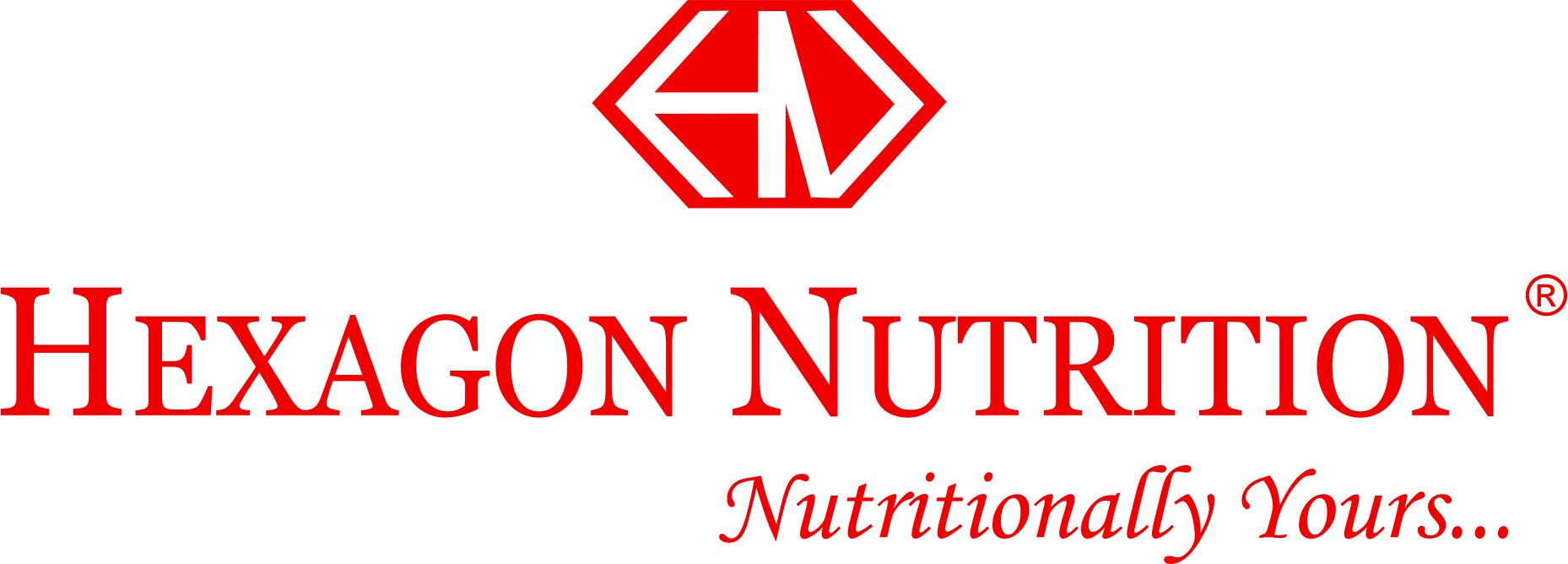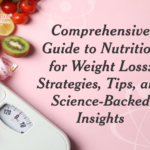
Introduction:
In today’s health-conscious society, nutrition supplements are prevalent, yet misconceptions often obscure their true benefits. This article seeks to dispel myths surrounding their necessity and ability to replace a balanced diet. Nutraceutical supplements play a vital role in addressing nutritional deficiencies and promoting well-being, providing targeted support for individuals lacking specific nutrients. Understanding their role is key to making informed choices for overall health and vitality.
Myth: Supplements can replace a balanced diet.
One of the most common misconceptions about nutrition supplements is that they can serve as a substitute for a balanced diet. While supplements can certainly complement dietary intake, they are not intended to replace the nutrients obtained from whole foods. Whole foods contain a complex array of vitamins, minerals, and other essential nutrients that work synergistically to promote optimal health. Supplements should be viewed as just that – supplements – to fill gaps in one’s diet, not as a primary source of nutrients.
Myth: All supplements are safe and effective.
Another prevalent myth is the belief that all supplements are safe and effective. In reality, the safety and efficacy of supplements can vary widely depending on factors such as manufacturing standards, ingredient quality, and dosage. Unlike prescription medications, which undergo rigorous testing and regulation by health authorities, supplements are not subject to the same level of scrutiny. Consequently, some supplements may contain harmful contaminants or ineffective ingredients. It’s essential to research reputable brands, consult healthcare professionals, and be cautious when selecting supplements.
Myth: More is better.
There’s a misconception that consuming large doses of supplements will yield better results. However, excessive intake of certain vitamins and minerals can have adverse effects on health. For example, mega doses of fat-soluble vitamins like A, D, E, and K can accumulate in the body and reach toxic levels over time. Additionally, high doses of certain supplements may interact with medications or interfere with nutrient absorption.
Myth: Supplements are only for athletes and bodybuilders.
While athletes and bodybuilders often use supplements to support performance and muscle growth, the benefits of supplements extend far beyond the realm of sports nutrition. People with specific health conditions, dietary restrictions, or inadequate nutrient intake may benefit from supplementation. For example, individuals with vitamin B12 deficiency, vegetarians, pregnant women, or older adults may require supplements to meet their nutritional needs adequately. Supplements can also be beneficial for addressing specific health concerns, such as bone health, immune support, or cognitive function.
Myth: Supplements are a quick fix for health problems.
In today’s fast-paced society, many people seek quick fixes for health issues, leading to the misconception that supplements can cure or prevent various ailments overnight. While certain supplements may offer health benefits when used appropriately, they are not miracle cures. Health outcomes are influenced by numerous factors, including genetics, lifestyle choices, and overall diet quality. Supplements should be viewed as part of a holistic approach to health, which includes regular exercise, stress management, adequate sleep, and a balanced diet rich in whole foods.
Myth: All-Natural supplements are always safe.
The term “natural” often conveys a sense of safety and purity, leading to the misconception that all-natural supplements are inherently safe. However, natural does not always equate to safe, and some natural ingredients can have potent pharmacological effects or interact with medications. For example, herbal supplements may contain active compounds that can cause adverse reactions or allergic responses in susceptible individuals. It’s essential to research the safety and efficacy of natural supplements thoroughly and consult healthcare professionals before use.
The multifaceted benefits of nutraceutical supplements:
Targeted nutrition:
Nutraceutical supplements are designed to deliver specific nutrients in concentrated forms, making them ideal for individuals who may have difficulty obtaining adequate amounts of certain nutrients from their diet alone. For example, vegetarians or vegans may struggle to get enough vitamin B12 from plant-based sources, and supplementation can help bridge this gap.
Nutrient repletion:
In cases where individuals have existing nutrient deficiencies, nutraceutical supplements can help replenish depleted nutrient stores more efficiently than dietary changes alone. For instance, individuals with iron deficiency anemia may benefit from iron supplements to restore hemoglobin levels and alleviate symptoms such as fatigue and weakness.
Absorption enhancement:
Some individuals may have impaired nutrient absorption due to factors such as gastrointestinal disorders, medication use, or aging. Nutraceutical supplements can provide nutrients in forms that are more readily absorbed by the body, bypassing potential absorption barriers.
Convenience and compliance:
Nutraceutical supplements offer convenience and ease of use, making it simpler for individuals to meet their nutritional needs, especially in today’s fast-paced lifestyle. For busy individuals or those with limited access to fresh, nutrient-rich foods, supplements can serve as a convenient solution to ensure adequate nutrient intake.
Customization and personalization:
Nutraceutical supplements can be tailored to individual needs based on factors such as age, gender, health status, and dietary preferences. Formulations may vary to address specific health concerns or target particular nutrient deficiencies. This customization allows for a personalized approach to nutrition that meets the unique needs of each individual.
Disease prevention and management:
Nutraceutical supplements have been studied for their potential role in preventing and managing various health conditions, including cardiovascular disease, osteoporosis, diabetes, and age-related cognitive decline. For example, omega-3 fatty acid supplements have been shown to reduce the risk of heart disease, while vitamin D supplementation may improve bone health and immune function.
Support for special populations:
Certain populations, such as pregnant women, breastfeeding mothers, infants, and older adults, have increased nutrient requirements or may face specific challenges in meeting their nutritional needs. Nutraceutical supplements formulated specifically for these groups can provide targeted support to promote optimal health and development.
Conclusion:
Nutrition supplements are essential for overall health, but misconceptions abound. By debunking myths and understanding their role, individuals can optimize their health. Supplements should complement, not replace, a balanced diet, with guidance from healthcare professionals. They offer benefits like targeted nutrition, convenience, and disease prevention, but caution is crucial for safety and effectiveness. Integrating supplements wisely enhances well-being.


